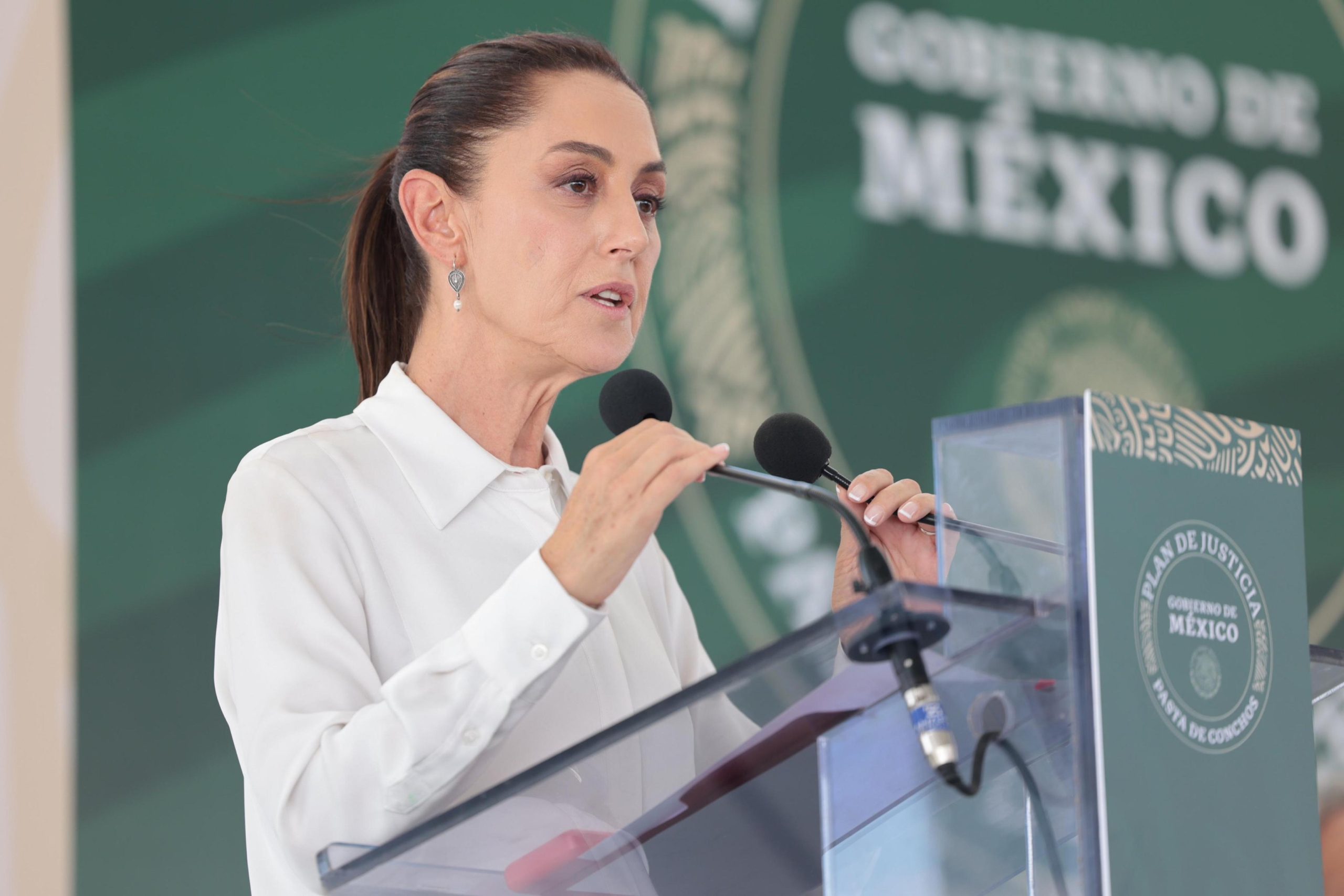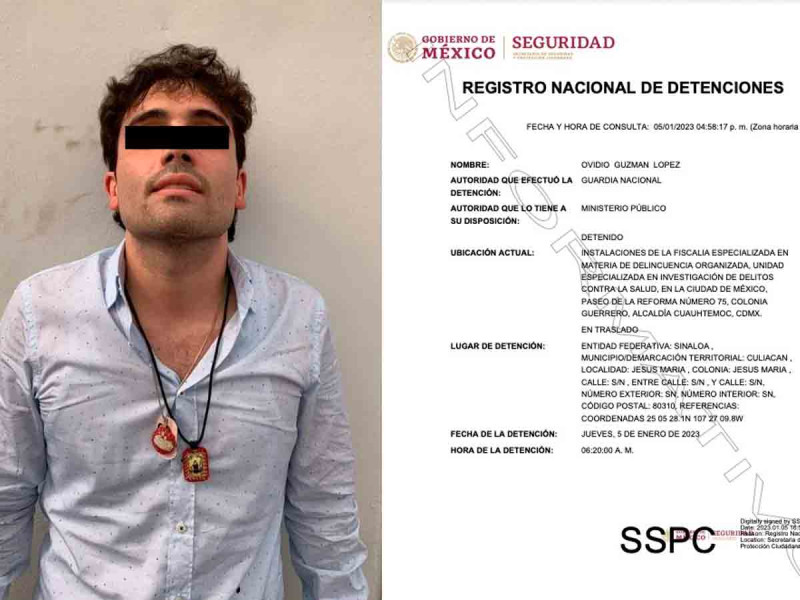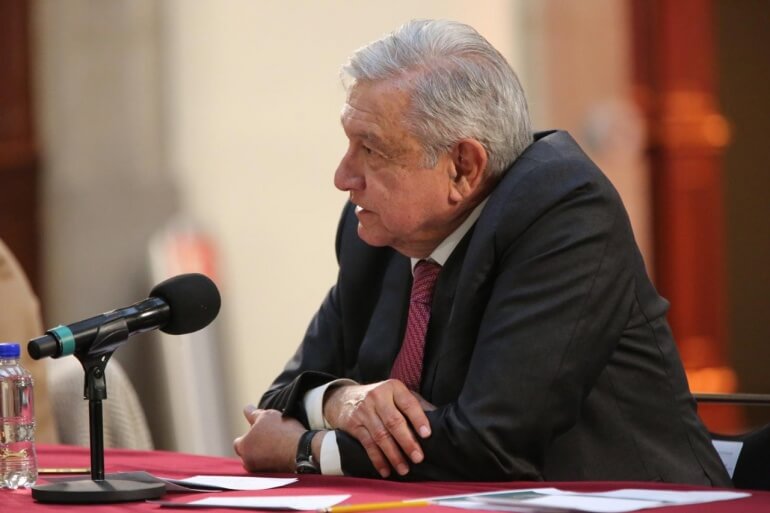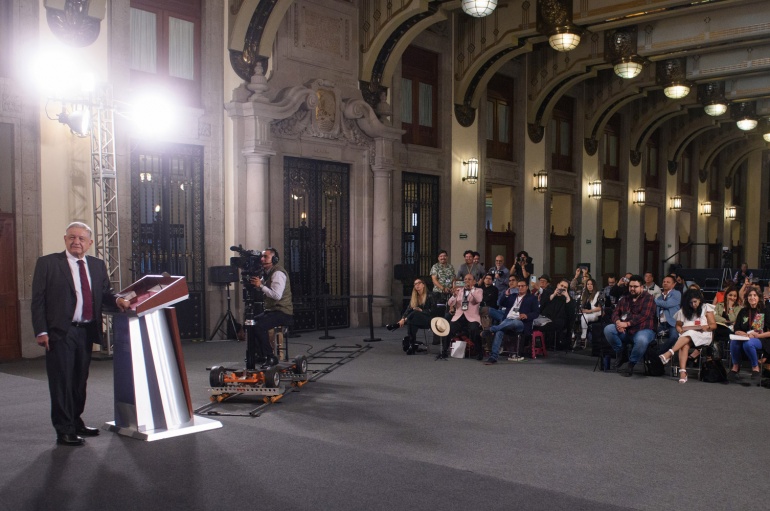Mexico City, Mexico — Mexico’s President-elect, Claudia Sheinbaum, this week faced her first set of challenges related to possible constitutional reforms originally set in motion by her political mentor and predecessor, outgoing President Andrés Manuel López Obrador.
Since her election on June 2, international markets have responded shakily, with Mexican stocks dropping and the value of the peso weakening.
Sheinbaum’s MORENA party defeated its political opposition in a landslide, securing the presidency and a commanding majority in Congress, which could help ensure the approval of López Obrador’s ambitious reforms, which include transforming the country’s electoral commission, bringing the civilian National Guard under control of the military, and electing Supreme Court justices by popular vote.
Read more: Sheinbaum just the tip of the iceberg for MORENA’s success in Mexico’s 2024 elections
According to analysts, “Plan C” — as the reforms under Sheinbaum have come to be known after López Obrador’s two failed attempts to pass them — has hurt Mexican financial markets as well as the peso, which continues to weaken.
As of June 18, the Mexican currency, which until recently had been one of the most traded currencies in the markets, has accumulated a 9% depreciation, fixing its price against the U.S. dollar at 18.60.
Although Sheinbaum has called for an open debate regarding the reform package, her MORENA party and the outgoing president have assured that they will use their majority in Congress to fast-track the ambitious bills.
“Those who are thinking that we are going to backtrack on the purpose of reforming the Judiciary, which is rotten, which is dominated by corruption, just because there is financial nervousness, no, because we know that if we clean up the Judiciary, if we have imbalances in the (USD-MXN peso) parity, in the medium and long term, this will help us all,” said López Obrador during a June 12 press conference.
Balancing investors’ interests with her party and predecessor’s political agenda, Sheinbaum has called for caution and composure.
“The important thing is that those who are going to invest in Mexico know that there is certainty of investment in our country,” she said on June 11.
“Well, it is evident that this commercial relationship with the whole world, particularly with companies from the United States, the relocation of companies will continue, but at the same time, there is an agenda of the Mexican people, there is a national project, and that also has to continue, there is no reason for concern,” Sheinbaum added.
In an attempt to calm some of the financial volatility, Sheinbaum announced a possible referendum to determine the future of the judiciary reform. She’s also held a number of meetings with top financial and economic leaders, such as the International Monetary Fund, the World Bank, and investment fund manager Black Rock.
Her predecessor, however, has been vocal about swiftly pushing through the reforms. López Obrador, whose term ends in October, has discussed getting the reforms done by September.
“I believe that the new Congress could do it in September; it is the month of the homeland. In September, it could be done,” he said, referring to the month in which Mexico’s independence day takes place.
“The debate is already underway, but it has to be made public because those who do not want the reform are already acting. They are already moving as they always do,” he said.











